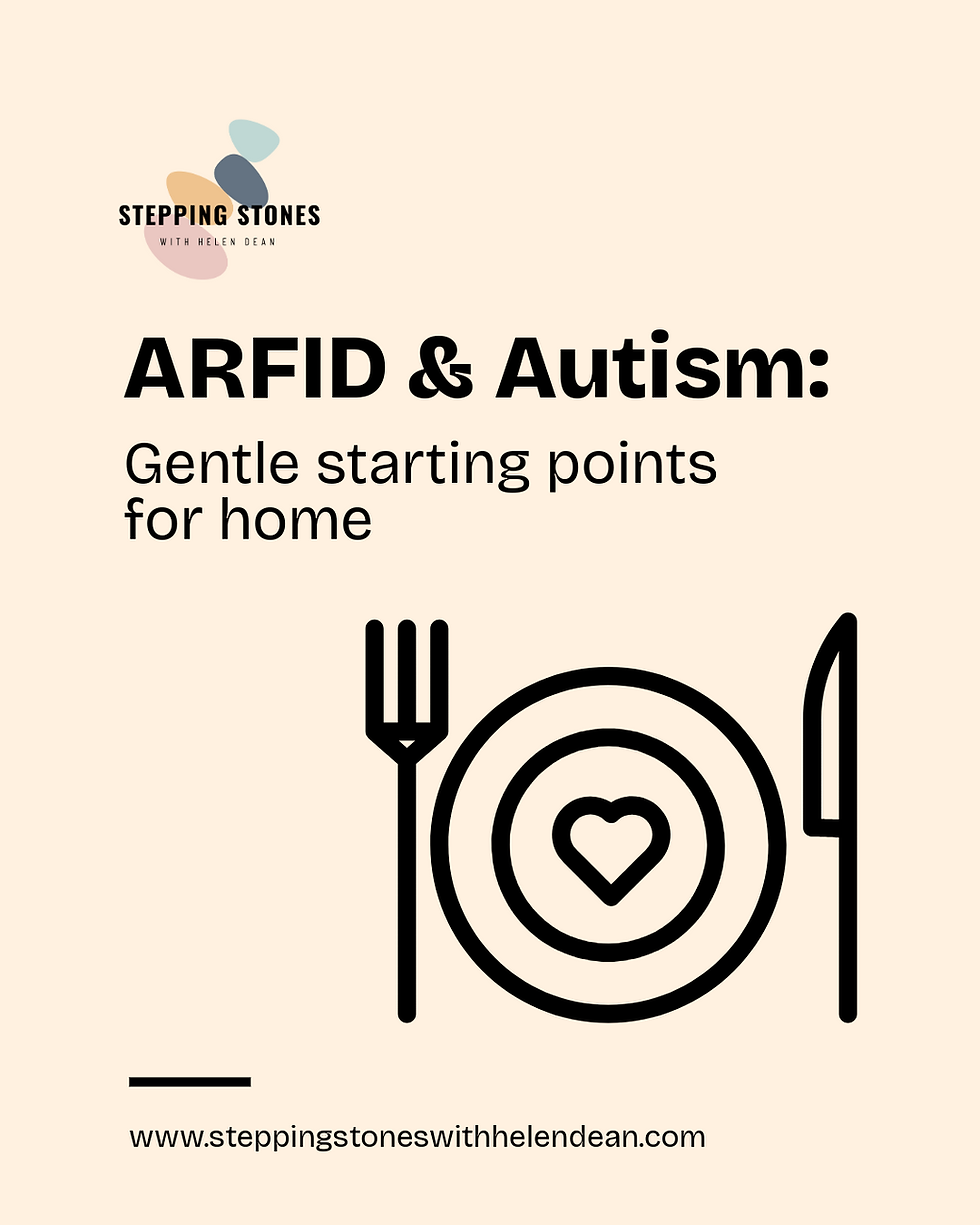EXTREME HUNGER
- hdean1974
- May 16, 2024
- 1 min read

Extreme hunger and anorexia nervosa might seem contradictory at first glance, but they can
coexist and even interact in complex ways. Anorexia nervosa is a serious mental health
disorder characterised by an intense fear of gaining weight and a distorted body image,leading to extreme restriction of food intake and often excessive exercise. Despite severe
caloric deficits, individuals with anorexia may experience intense hunger due to their body's
physiological response to starvation.
The body's natural response to prolonged food restriction is to increase hunger signals, as it
tries to prompt the individual to seek out nourishment to survive. This heightened hunger can
feel overwhelming and uncontrollable, leading to cycles of binge eating followed by attempts
to compensate through further restriction or purging behaviors. This pattern can contribute
to the maintenance and exacerbation of the disorder.
Additionally, the psychological aspects of anorexia, such as feelings of guilt, shame, and a
desire for control, can further complicate the relationship with food and hunger. Individuals
may struggle with conflicting emotions around their hunger, feeling both terrified of it and
desperate to satisfy it.
Treatment for anorexia nervosa often involves a multidisciplinary approach, including
therapy to address the underlying psychological factors driving the disorder, nutritional
counselling to establish healthier eating habits, and medical monitoring to address any
physical complications resulting from malnutrition.
Stepping Stones with Helen can support you to address both the mental and physical aspects
of eating disorder to provide nutritional counselling behavioural change.






Comments